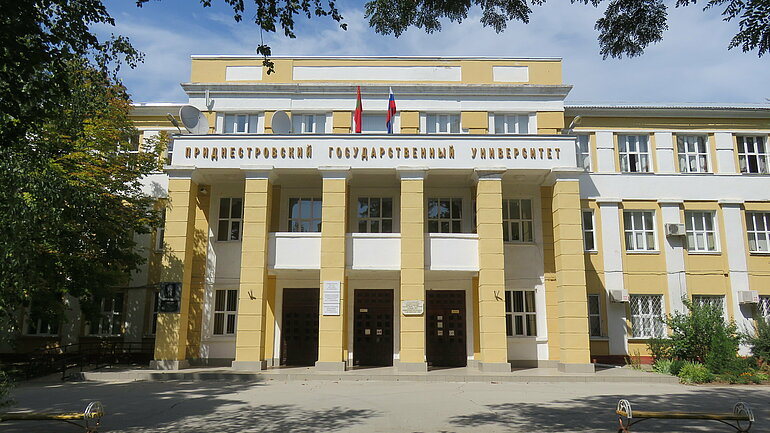Engagement Without Recognition – Higher Education in De Facto States
Engagement Without Recognition – Higher Education in De Facto States

in cooperation with Thomas de Waal (Carnegie Europe)
Project description
This project analyses the situation of universities in de facto states and how they network with international partners. It focuses on people’s basic right to education and training, regardless of whether their state and its institutions are internationally recognised. In de facto states, universities, students and researchers have limited opportunities to participate in international programmes or to benefit from cross-border mobility. There are multiple reasons for this, relating to de facto statehood itself, the willingness of universities in de facto states to engage with external partners, and the restrictions on international university cooperation with institutions in de facto states.
A key question explored by the project is to what extent it is possible and desirable to advocate from an international perspective for stronger links with universities in de facto states and for their closer integration into the European university landscape in order to create new opportunities for researchers and students. The project thus contributes to a better understanding of the dynamics in de facto states.
As the main focus of interest, the project examines international relations established by universities in various de facto states (Northern Cyprus, Abkhazia and Transnistria), particularly research links, opportunities for student exchange, participation in international research funding programmes and language learning. It seeks to ascertain which methodologies are being adopted in the various contexts and pinpoint areas where there is scope for development. The project identifies internal and external barriers, compares good practices and creates scope for potential engagement.
Key questions
- Which barriers stand in the way of external and internal actors wishing to access the international academic and university landscape?
- Which approaches can be observed in the different regional contexts?
- How does the development of academic and university networking with de facto states tie in with the discussion on ‘engagement without recognition’ or ‘non-recognition and engagement’?
- Which conclusions can be drawn for the theoretical and political development of this strategy in other areas, such as medical care and business?
![[Translate to Englisch:]](/fileadmin/media/_processed_/3/2/csm_Loewis__Annette_Riedl__d15ffb8229.jpg
)